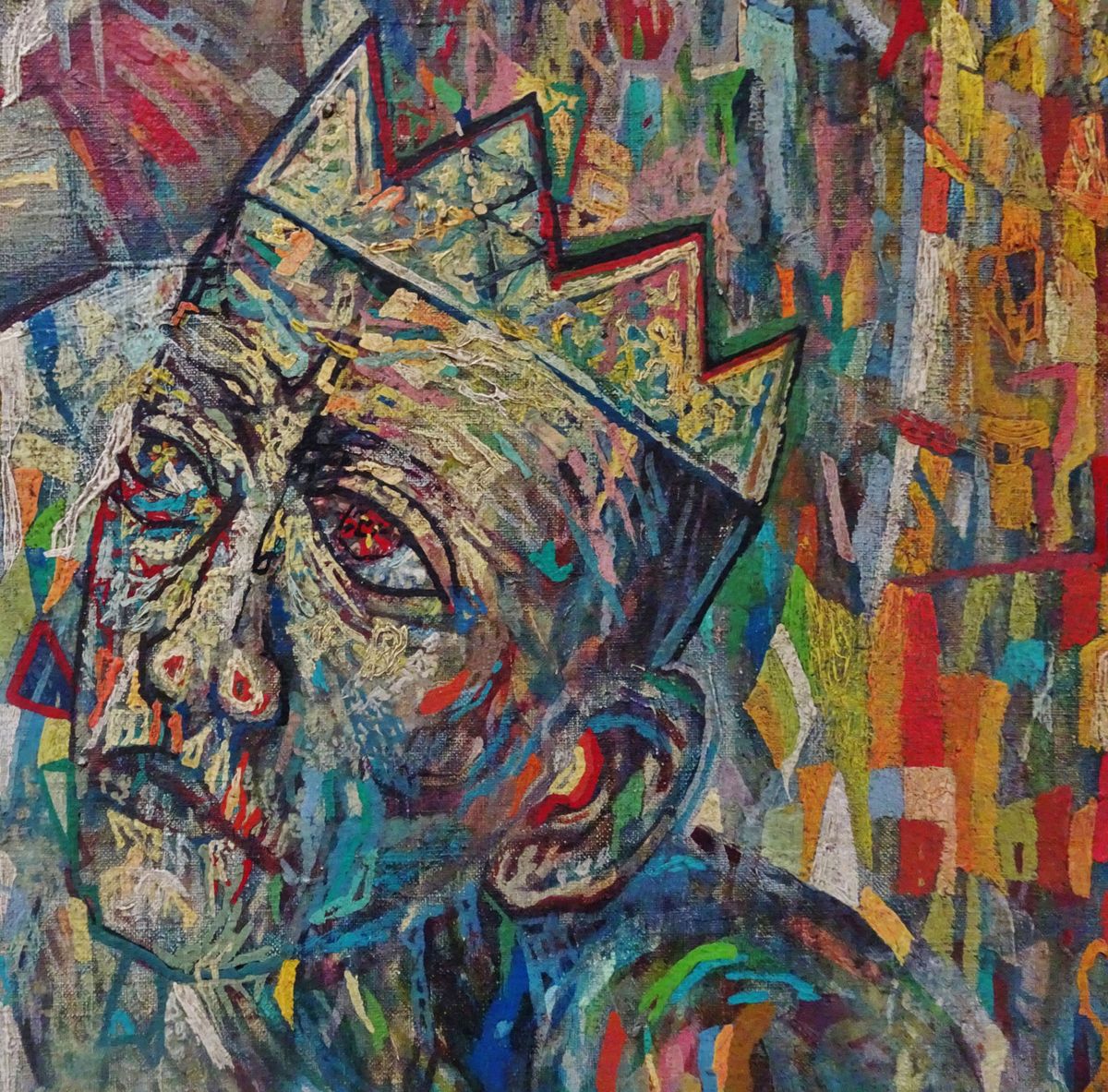Catherine de Zegher, the beleaguered director of Ghent’s Museum voor Schone Kunsten (MSK), has been hit by fresh criticism as she strives to defend herself over staging an exhibition of dubious Russian avant-garde art.
De Zegher’s handling of the affair was criticised by the heads of four top Flemish museums and 12 other leading Flemish culture officials in a joint statement issued on 5 March.
"We explicitly distance ourselves from the manner in which the MSK has acted," they wrote. De Zegher’s preparatory research was "sub-standard and lacking in care". She had "blatantly flouted all deontological codes" and her ‘utter lack of transparency and refusal to accept responsibility’ had ‘comprised the MSK’s own integrity and that of Flemish museums as a whole.’
De Zegher retaliated with an e-mail to over 60 Flemish culture officials, damning the Statement as "based on a manipulated story in the (Russian) press, and not on reality".
Her talk of manipulation echoed Igor Toporovsky, the Russian-born art collector who gave the problematic works to the museum on long-term loan. In an interview with L’Echo on 1 March, he claimed to be the victim an "unprecedented manipulation of public opinion orchestrated from abroad"—accusing Russian Avant-Garde collector Petr Aven, who had publicly criticised the works, of seeking to "discredit" his collection.
Aven tells The Art Newspaper that Toporovsky’s allegations were "funny and absurd".
In the most recent development, De Zegher was summoned to meet Ghent politicians on 5 March. She told them that her 35 years as a curator (albeit in the field of contemporary art) qualified her to recognise fakes, and claimed that the Toporovsky Collection had also been approved by the art historians Magdalena Dabrowski and Noemi Smolik.
Both women have told The Art Newpaper they wished to distance themselves from the Toporovsky Collection, which Smolik bluntly dismisses as ‘fake.’


